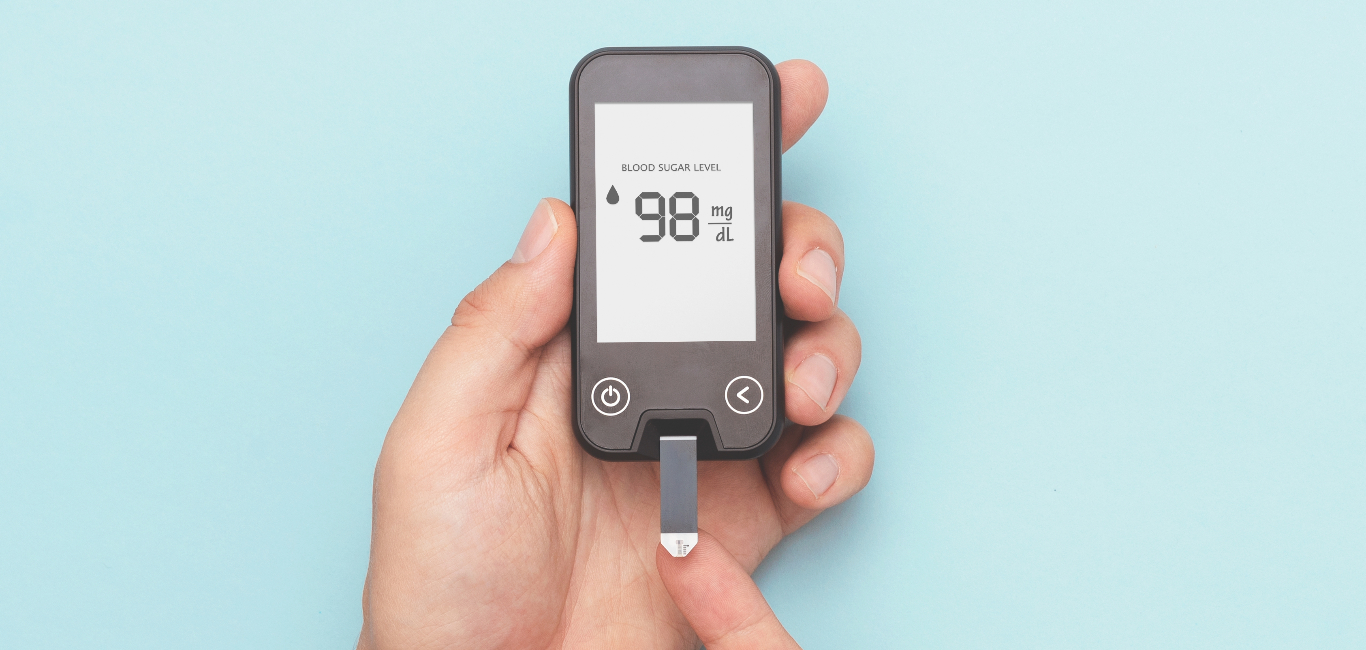
A team of scientists at King Abdullah University of Science and Technology (KAUST) in Saudi Arabia have developed a prototype of a low-cost and easy to manufacture sensor that could be used at home to detect blood glucose levels from saliva.
The transistor-based biosensor could replace the need for those with diabetes to endure painful pinpricks to test their blood glucose levels multiple times a daily. It also promises to be more accurate than continuous glucose monitors available in the market today.
“An easy-to-use non-invasive glucose-measuring device using saliva as a medium could be life-changing for millions of people with diabetes worldwide,” said Dr Abhinav Sharma, first author of the study, in a statement.
Sharma and his team developed the sensor on a thin-film transistor (TFT) – the same technology that has allowed us to make screens for devices razor thin. The transistor developed at KAUST contains ultrathin layers of semiconductors – indium oxide and zinc oxide – topped with the enzyme glucose oxidase.
When a sample of saliva is placed on the sensor, the enzymes on it break down any glucose present into D-gluconolactone and hydrogen peroxide. A further reaction then produces electrons from hydrogen peroxide that enter the layers of the semiconductor.
This changes the current flowing through the semiconductor, thereby helping detect glucose in the sample. The degree of this effect indicates the glucose concentration within the sample – the more the change in current, the more is the concentration of glucose present in the saliva.
“These small, lightweight and low-power devices could be suitable for mass production as inexpensive disposable sensors,” Dr Sharma added.
Validating the device
To test the device, the researchers used human saliva samples that had different amounts of glucose added to them. They also analysed saliva from volunteers who had fasted before taking the tests as glucose levels in saliva may not correlate with blood glucose immediately after a meal.
They found that the device correctly measured a wide range of glucose concentrations in less than one minute. Crucially, the sensor was not foiled by other molecules in saliva, including sugar derivatives such as fructose and sucrose.
Although the sensitivity of the device declined over time, it still offered good performance after being stored for two weeks at room temperature, the research team noted.
Future directions
Like blood sugar levels, saliva can tell us about several different health parameters. The team is now developing an array of transistor sensors that could simultaneously detect multiple metabolites in saliva.
“The development of portable sensor arrays that can be integrated with a smartphone is a potential future direction for research,” said Dr Thomas Anthopoulos, professor, Department of Material Science and Engineering, KAUST Solar Centre.
Read More: Operation dessert storm: Sweets not off limits for people with diabetes
Read More: Freedom from diabetes: 12 ways to manage high blood sugar levels

















